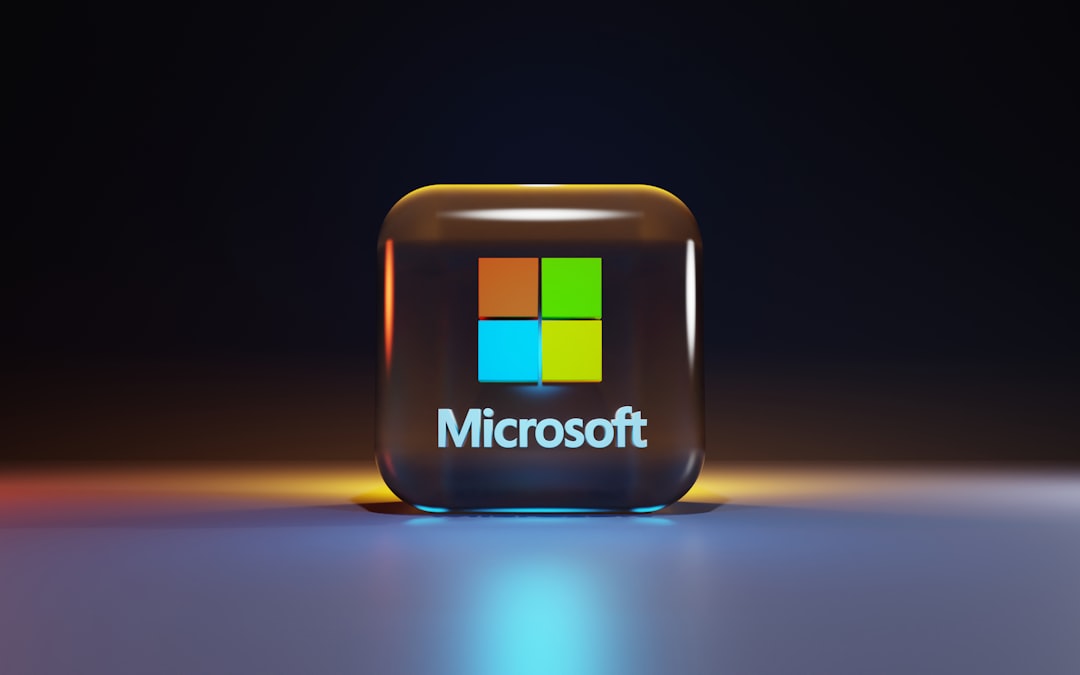Gmail has long been the default choice for many businesses looking for an email and communication solution. Its sleek interface, integration with Google Workspace, and mobile readiness make it a strong option. However, as businesses grow and their collaboration requirements become more complex, it’s worth exploring specialized alternatives tailored toward robust productivity, scalability, and security needs.
If you’re a business professional or IT manager considering stepping away from Gmail, there are plenty of powerful alternatives that not only handle email efficiently but also offer comprehensive collaboration tools. In this article, we dive deep into the best Gmail alternatives for business, covering their features, strengths, and what makes them uniquely suited to support modern workflows.
Why Consider Gmail Alternatives?
While Gmail is feature-rich and reliable, it may fall short in certain key areas for businesses, such as:
- Data Privacy Concerns: As part of Google’s ecosystem, Gmail is sometimes criticized for its data handling practices.
- Limited Customization: Gmail offers limited backend configuration and enterprise-specific features compared to dedicated business email platforms.
- Integration Needs: If your company uses apps outside the Google ecosystem, integration might not be as seamless.
Here are top Gmail alternatives that provide excellent communication and collaboration tools tailored for business use.
1. Microsoft Outlook with Microsoft 365
Best for companies already embedded within the Microsoft ecosystem.
Outlook, combined with Microsoft 365, is one of the most comprehensive business communication suites available. Not only does it offer professional email hosting, but it also includes tools like Microsoft Teams, OneDrive, and SharePoint.
- Seamless Integration: Outlook works flawlessly with Word, Excel, and Teams, providing a unified experience.
- Advanced Security: Enterprise-grade protection includes data loss prevention and encryption options.
- Desktop-friendly: Outlook remains a favorite for desktop-based email usage with powerful offline options.
Although more complex than Gmail, Outlook rewards users with extensive customization and global support.

2. Zoho Mail with Zoho Workplace
Ideal for small to mid-sized businesses looking for a budget-friendly solution.
Zoho Mail, part of the Zoho Workplace suite, is a privacy-focused email service that emphasizes clean UI and ad-free experience. It’s a solid Gmail alternative for businesses that value user privacy and cost-effectiveness.
- Ad-Free Environment: Zoho Mail doesn’t show ads, ensuring an undistracted workspace.
- Productivity Tools: Zoho Workplace includes an office suite (Writer, Sheet, Show), Cliq for messaging, and WorkDrive for cloud storage.
- Strong Admin Controls: Great for IT teams to manage permissions, groups, and spam filters.
Zoho also integrates effortlessly with CRM tools, making it especially popular among sales-driven organizations.
3. Proton Mail for Business
Best for companies with strict security and compliance requirements.
Proton Mail is widely recognized for its end-to-end encryption and commitment to privacy. Originating from CERN scientists in Switzerland, Proton offers an extremely secure email platform that businesses can trust.
- End-to-End Encryption: Messages are encrypted on device and decrypted only by the recipient.
- Swiss Jurisdiction: All data is protected under Switzerland’s strong privacy laws.
- Zero-Access Architecture: Even Proton’s own staff cannot read your emails.
Proton Mail is perfect for law firms, healthcare providers, and financial institutions where email confidentiality is critical.

4. Fastmail
A lightweight, fast, and privacy-first alternative perfect for remote teams.
Fastmail emphasizes speed and privacy, offering IMAP support and a focus on minimalism. What sets Fastmail apart is its slick user interface and developer-friendliness.
- Custom Domains: Easily set up professional business addresses.
- Calendaring and Contacts: Integrated calendar, notes, and contact management are included.
- Focus on Open Standards: Supports open web protocols and data portability.
Although less suited for larger enterprises, Fastmail shines for freelancers, small agencies, and remote teams who want full control and a distraction-free interface.
5. Tutanota
Another secure communication platform for businesses with compliance needs.
Tutanota is a Germany-based encrypted email provider tailored to privacy-focused companies. It incorporates secure calendars and contact lists and supports eco-friendly hosting options.
- Subscription-Based Model: No ads, pure privacy-driven revenue model.
- Compliant with GDPR: Especially useful for European businesses or organizations operating under EU data laws.
- Open Source: Transparent codebase with ongoing development by privacy advocates.
For companies prioritizing compliance and open-source ethics, Tutanota is a reliable choice.
6. Mailbox.org
Built for businesses that need a full workspace wrapped inside a privacy-focused email service.
Based in Germany, Mailbox.org offers enterprise-ready features while maintaining a strong focus on user privacy. Their Business Suite includes document editing, video conferencing, and cloud storage–all compliant with GDPR and European-law standards.
- Encrypted Communication: Offers PGP-encrypted emails straight from the browser.
- Collaborative Tools: Includes task management, calendars, and documents.
- No Data Tracking: Unlike larger services, Mailbox.org pledges not to mine user data.
It’s a great fit for organizations looking for a secure yet collaborative workspace.

Which Gmail Alternative Should You Choose?
The best Gmail alternative depends entirely on your organization’s specific needs. Think about what matters most to your team:
- Integration Needs: Microsoft Outlook and Zoho Mail have extensive compatibility with numerous business tools.
- Privacy and Security: Proton Mail, Tutanota, and Mailbox.org excel in protecting sensitive communication.
- Simplicity and Speed: Fastmail is perfect if ease of use and quick access are high priorities.
All these alternatives offer tools that go beyond basic email functionality, such as team collaboration, shared documents, encrypted communications, and cloud storage. As businesses grow, having access to these features unified under one platform simplifies processes and boosts productivity.
Final Thoughts
Switching from Gmail doesn’t mean sacrificing performance or productivity. Today’s Gmail alternatives for business are more capable than ever—designed with privacy, seamless collaboration, and industry-specific features in mind. Whether you’re managing a startup, marketing agency, or a law firm, there’s a solution tailored to your communication strategy.
Before making the leap, consider running a trial or pilot with a small team to get feedback on usability, integration, and support. Invest time in evaluating what features are truly essential. With the right email provider, your business communication can become not only more secure but also significantly more efficient.


